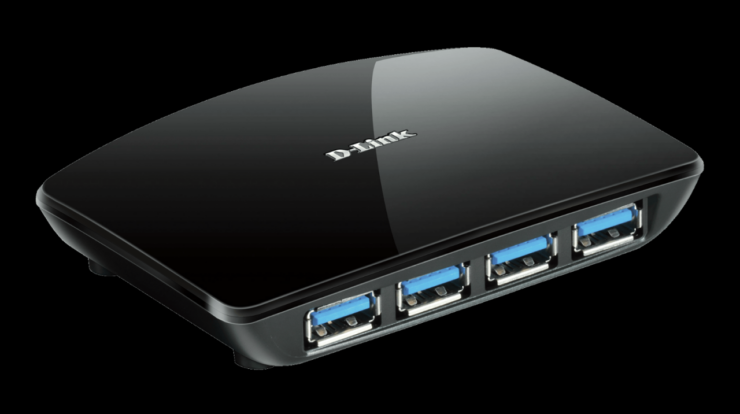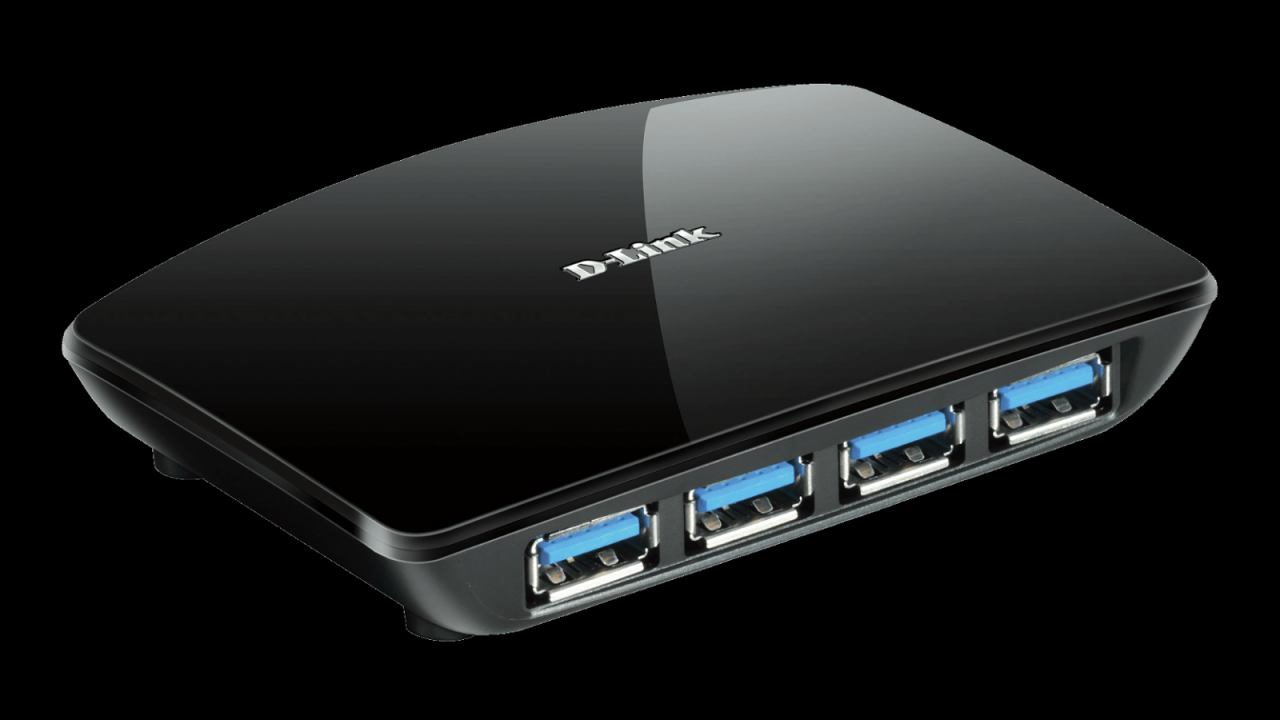
Hub definition encompasses the concept of a central point that connects, facilitates, and supports various activities. From transportation to communication and technology, hubs play a vital role in our interconnected world.
Delving into the etymology and historical evolution of the term “hub,” we uncover its roots in the Old English word “hob,” meaning a raised platform or center of activity. Throughout history, hubs have evolved from physical structures to abstract concepts, serving as focal points for exchange, coordination, and innovation.
Definition of Hub: Hub Definition

A hub is a central point or place that serves as a converging or connecting point for activities, people, or resources. It acts as a nucleus that facilitates the exchange of information, goods, or services, and often plays a vital role in coordinating and managing various operations.
The term “hub” has its roots in the Middle English word “hubbe,” which referred to the central part of a wheel. Over time, the concept of a hub has expanded to encompass a wide range of contexts, including transportation, communication, technology, and knowledge.
Types of Hubs
- Transportation hubs:These are centers that connect different modes of transportation, such as airports, train stations, and bus terminals.
- Communication hubs:These are points that facilitate the exchange of information and data, such as telecommunication networks, internet exchange points, and satellite systems.
- Technology hubs:These are areas or regions that concentrate high-tech industries, research institutions, and skilled professionals, such as Silicon Valley and Bangalore.
- Knowledge hubs:These are institutions or organizations that serve as centers of expertise and knowledge sharing, such as libraries, universities, and think tanks.
Characteristics of a Hub, Hub definition
- Centrality:Hubs are typically located at strategic locations that make them easily accessible and convenient to reach.
- Connectivity:Hubs provide multiple connections and pathways, allowing for efficient movement of people, goods, or information.
- Interdependence:Hubs rely on the participation and interaction of various stakeholders, including users, providers, and supporting infrastructure.
Functions of a Hub
- Facilitation of exchange:Hubs enable the transfer of goods, services, information, or knowledge between different parties.
- Coordination of activities:Hubs play a role in coordinating and managing activities, ensuring smooth operations and efficient resource allocation.
- Provision of resources:Hubs often provide essential resources, such as infrastructure, support services, and access to expertise.
Benefits of Hubs
- Improved efficiency:Hubs streamline processes and reduce transaction costs by consolidating activities and resources.
- Increased collaboration:Hubs foster collaboration and networking opportunities, leading to innovation and knowledge sharing.
- Enhanced innovation:Hubs provide an environment that encourages experimentation and the development of new ideas.
Challenges of Hubs
- Congestion:As hubs grow in popularity, they can experience congestion and overcrowding, which can impact efficiency and accessibility.
- Competition:Hubs often face competition from other hubs or alternative modes of operation, which can lead to challenges in maintaining market share.
- Sustainability:Hubs need to consider environmental and social sustainability factors, such as traffic management and energy consumption.
Case Studies of Hubs
| Hub Name | Type of Hub | Location | Key Achievements |
|---|---|---|---|
| Heathrow Airport | Transportation | London, UK | One of the world’s busiest airports, connecting passengers to over 200 destinations worldwide. |
| CERN | Knowledge | Geneva, Switzerland | A world-renowned research center for particle physics, home to the Large Hadron Collider. |
| Shenzhen | Technology | China | A thriving hub for electronics manufacturing and innovation, known as the “Silicon Valley of China.” |
Closing Summary
In conclusion, hubs are essential components of complex systems, enabling efficient exchange, fostering collaboration, and driving innovation. Understanding the concept of hub definition is crucial for navigating the interconnected world we live in, harnessing the power of hubs to maximize their benefits while mitigating potential challenges.
Answers to Common Questions
What are the key characteristics of a hub?
Centrality, connectivity, and interdependence are the defining characteristics of a hub.
What are the functions of a hub?
Hubs facilitate exchange, coordinate activities, and provide resources.
What are the benefits of establishing hubs?
Hubs enhance efficiency, increase collaboration, and foster innovation.





